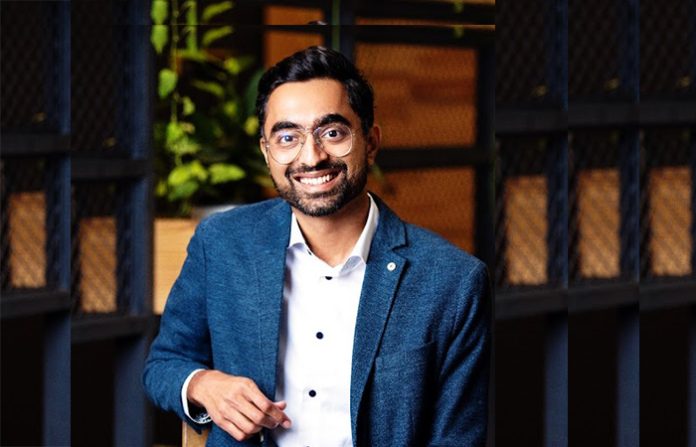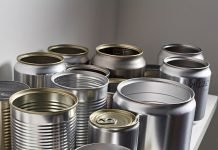To combat plastic pollution, complying with extended producer responsibility standards is a key component of the Indian packaging industry’s strategy. By working with recyclers to ensure all plastic used in packaging is recycled, eCommerce company Flipkart is embracing scalable and environmentally beneficial alternatives to meet its objective of eliminating plastic from its operations.
At Flipkart, among other initiatives, eco-friendly paper shreds are being used in place of poly pouches and two-ply rolls, and shredded carton waste is being used instead of bubble wrap. The Bengaluru-headquartered company says it is constantly exploring ways to optimize packaging, create national standards on packaging material to minimize waste in its supply chain and promote the use of reusable material.

“We have made large R&D investments to investigate substitute materials as part of our quest for environmentally friendly packaging,” said Nishant Gupta, head of sustainability, Flipkart Group.
“Our effort to patent a perforated 2-ply corrugated roll made of recycled paper is one notable example. We aim to reduce our dependence on conventional suppliers and packaging materials, emphasizing on sustainable, green solutions. We are investigating reusable and refillable shipping boxes, enhancing the use of recycled material in packaging, and putting best practices for sustainable packaging into practice in partnership with organizations such as Canopy, an environmental NGO dedicated to protecting forests, species, and climate. This approach underscores our dedication to creating a circular economy and minimizing the environmental impact of our packaging materials,” he adds.
The elimination of single-use plastic is one step to reduce the use of problem plastics that litter the roads and affect the environment. For buyers who prefer eco-friendly practices, such initiatives enhance their shopping experience and resonate with their concerns. Adopting alternative packaging material such as recycled paper bags and eco-friendly shreds enhances the overall product delivery while minimizing the environmental footprint.

According to Gupta, implementing recycling initiatives is part of Flipkart’s broader sustainability efforts. “In just a year, we were able to avoid approximately 3,000 tons of non-hazardous solid waste heading to India’s landfills. We have been awarded the Total Resource Use and Efficiency (TRUE) Gold certification as a result of our effort. We strive to use recycled or biodegradable packaging materials. Additionally, we are tackling the shipping industry’s carbon footprint holistically by implementing strategies such as route optimization, consolidated deliveries, and alliances with environmentally conscious logistics companies. We have been using only recycled plastic in our supply chain since March 2021.”
The shift towards recyclable material ensures a more streamlined and efficient recycling process. As plastic is recycled, recyclers have access to a consistent supply of materials, contributing to the growth of a circular economy. The broader environmental impact extends to waste pickers who can operate in cleaner and healthier environments. “Flipkart’s initiatives support waste pickers in their crucial role of collecting and sorting materials, enhancing their working conditions,” Gupta claims.
Gupta says Flipkart is not merely adapting to change, “We are actively driving it — establishing new benchmarks and leading the industry towards a more responsible and eco-friendly future. Our focus is on fostering collaborations with diverse brands and sellers to pioneer the evolution of eCommerce-ready packaging. We aim to eliminate the need for secondary packaging, setting a new standard for efficiency and sustainability. Our approach to packaging materials includes a keen interest in leveraging agricultural residue and waste such as stubble or alternate fibers.”
Flipkart is transitioning to 100% renewable electricity and EVs. Gupta said, “Water conservation is a critical aspect and we are implementing strategic measures to reduce water wastage. The future is exciting as we continue to set benchmarks in sustainable practices for the industry at large.”










